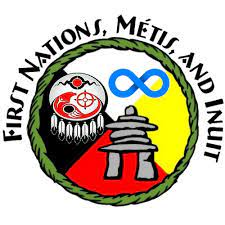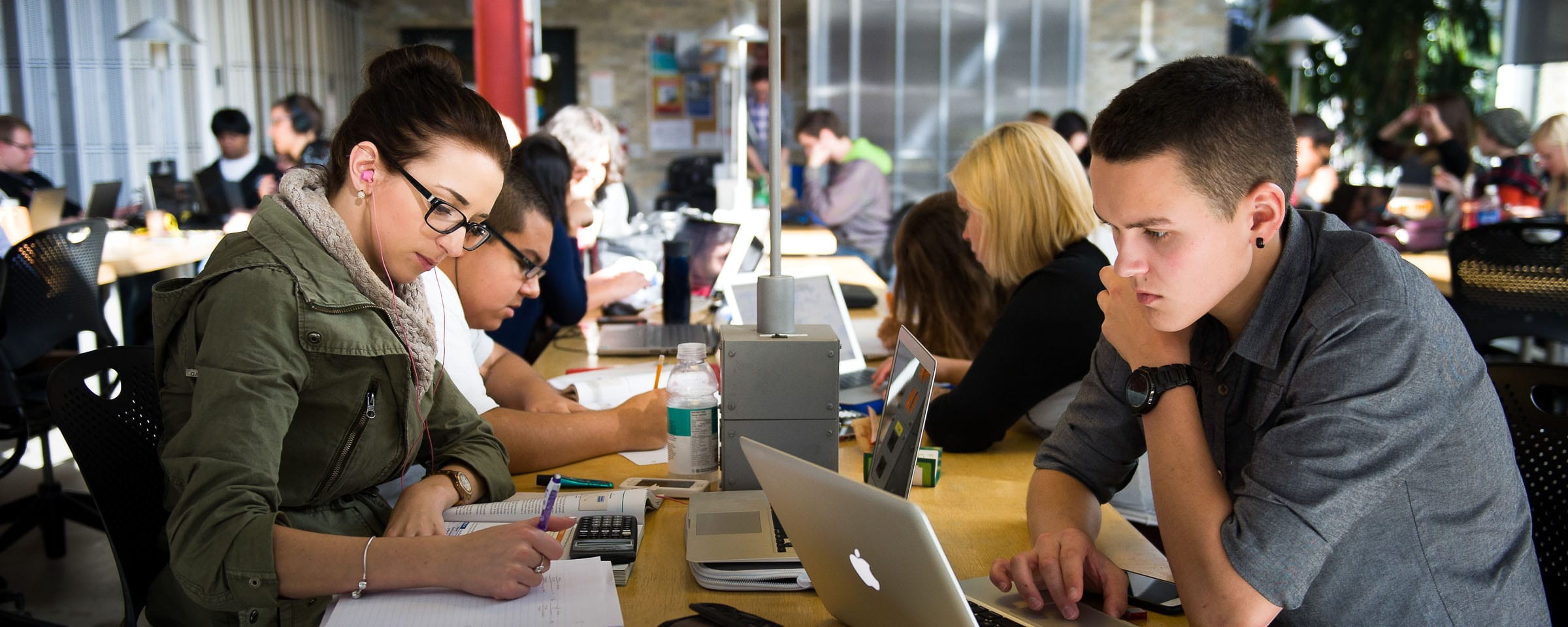Shifting Nursing Students’ Attitudes towards Indigenous Peoples by Participation in a Required Indigenous Health Course

RRC Polytech nursing instructor Rebecca Cameron, along with University of Manitoba nursing assistant professor Kim Mitchell, recently published the peer-reviewed journal article “Shifting Nursing Students’ Attitudes towards Indigenous Peoples by Participation in a Required Indigenous Health Course.”
Read the full text here: https://qane-afi.casn.ca/journal/vol8/iss3/3/
Rebecca reflected on the experience and meaning of her course and this important contribution to the scholarly literature.
Why is the Health, Wellness, and the Indigenous Population of Canada course a crucial component of the BN program?
It aligns with the Truth and Reconciliation call to action 24 that recommends the requirement that all medical and nursing schools have a course on Indigenous health issues, including the history and legacy of residential schools, the United Nations Declaration on the Rights of Indigenous Peoples, Treaties and Indigenous rights, and Indigenous teachings and practices. The class was created by Cathy Baxter before the calls to action came out. The first class was in September 2015 and the calls to action final report with findings and recommendations was released right around the same time. When it first started in 2015 it was an elective, but now it is a required class in the BN Curriculum.
What made you decide to undertake this study?
I really just wanted to know if the students were learning the content and if their perception of Indigenous Peoples change as a result in gaining this new knowledge. As the article states, nursing students come into nursing school with various perceptions of who Indigenous Peoples are. I wanted to find out if having greater knowledge in the topics covered in class changed their attitudes and perceptions of who Indigenous Peoples are.
Why was it important for you to study the impact of your course on students’ self-reported knowledge, interest, and perception of Indigenous Peoples’ health, wellness, and history?
I feel like that when our perceptions change, our care changes. At times we don’t know how our attitudes and beliefs impact our care; there is implicit bias going on. Implicit biases can, without intent, contribute to racist behavior. When we are aware of this, our care towards Indigenous Peoples change. Some of the students stated that prior to this class they thought they were practicing cultural humility and cultural safety when in fact they were not. I wanted the students to understand how their thoughts and perceptions affect their care.
What do you hope the reader takes away from your study?
I hope that they take away that they too can implement a course similar to this into their curriculum with the right tools and support. I also hope that the reader understands that a majority of the students who learned about Indigenous issues had a change in perception and a greater understanding of Canada’s history with Indigenous Peoples.
What do you hope students take away from your course?
I hope they get a better understanding of the issues that Indigenous Peoples face. Such as racism, loss of culture due to colonization, and resiliency. Although we face difficulties in our lives, we are resilient. Not all Indigenous Peoples fall under the same umbrella.
I want them to have an understanding that their Indigenous patient’s story did not start in that bed. It did not start on admission. They have a unique story that started prior. We all have a story. I feel that if we have knowledge of someone’s story then we are more open to empathy.
I hope that they get an understanding on how to empower their patient by recognizing the power differential between caregiver and patient. When we put the patient/client in the driver seat of their own health, studies show the better the health outcomes are for that patient.
Do you plan on continuing your research, and are there any specific projects you’re currently undertaking or hope to pursue in the future?
My future study will aim to see if knowledge of Canada’s history with Indigenous Peoples actually improves the care of Indigenous People there for improving their health status.
Kate Tate and I are currently working on “Racism in Nursing schools.” We have just finished up interviews with students. We are now in the analysis phase.
Anything else to share?
I am glad that this class is now mandatory. I feel like the students really benefit from the knowledge. Not only for themselves but also for their patient care. This class has some really unique activities (rather than sitting in the classroom looking at a PowerPoint) to help the students learn and perhaps gain a different perspective on the content of the class. We do things like go to the Human Rights Museum, conduct the blanket exercise, sit with the elder in sharing circles, smudge, and on several occasions even had a sweat. I wish that all faculty would take this class. I welcome any and all faculty to join in at any time.
Written by Rebecca Cameron – Nursing Instructor
Interview questions and intro by Meagen Chorney – Nursing Instructor
